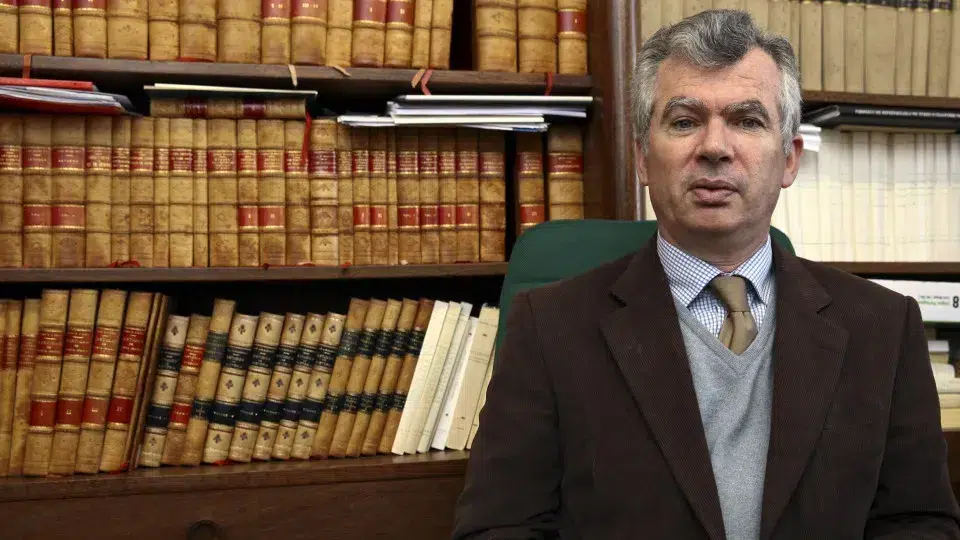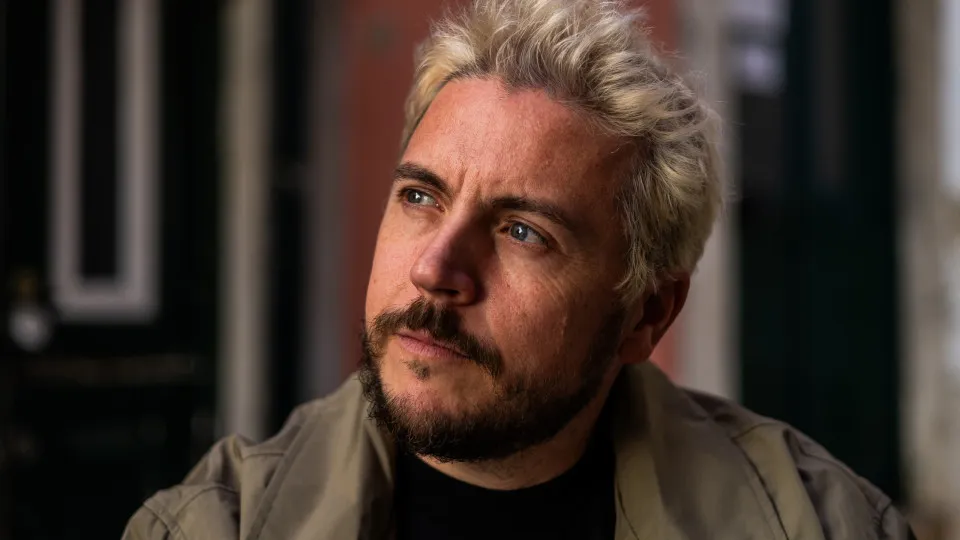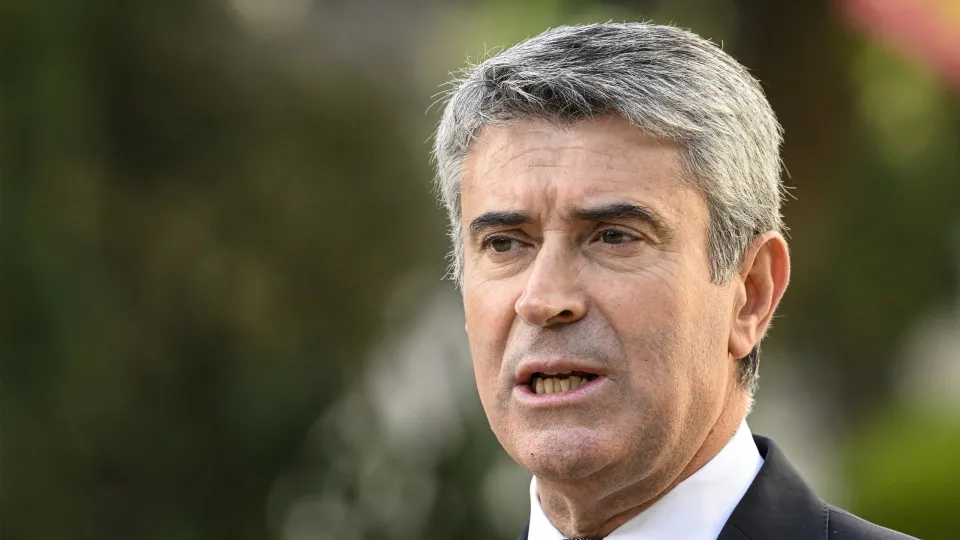
“There is much to be done in researching Camões. There are unpublished sources and an ambitious project we must relaunch, which is the inclusion of Camões in the universal literature canon, yet to be accomplished,” stated José Augusto Bernardes at the opening session of the International Congress “Teaching Camões in the 21st Century,” held in Coimbra until Saturday.
Organized by the Faculty of Arts, the Inter-university Center for Camonian Studies (CIEC), the Center for Portuguese Literature (CLP), and the Center for Classical and Humanistic Studies (CECH), the three-day event is under the high patronage of the Mission Structure for the 500th Anniversary Celebrations of Camões’ Birth and the rectorate of UC.
Outside the event, José Augusto Bernardes explained that many steps are being taken by a large team that “is annotating the complete works of Camões.”
“The last works or the last initiative of this kind dates back to the 1940s. Meticulously annotating Camões’ verses means responding with today’s mindset to the questions Camões posed in the 16th century: It means updating Camões,” he added.
The General Commissioner for the 500 Years Commemoration of Camões’ Birth also mentioned the Camões Digital portal, which the University of Coimbra is developing to allow readers to click on a verse by Camões and access all the comments it has prompted to date.
“This greatly facilitates the work of researchers, as previously it was necessary to leaf through all the commentators who had focused on that same verse. This will be accessible to anyone,” he emphasized.
In addition to believing there is much more to be done in Camões research, José Augusto Bernardes also considers it necessary for “research on Camões to then translate into practical aspects and move into teaching.”
“Not directly, but in a filtered, adjusted, adapted way, because the young people who come to school today at 14 or 15 have a very different relationship with Camões than I did 50 years ago. They notice a much greater strangeness in the language; there are words and values they do not understand,” he explained.
In his view, Camões’ discourse, like 16th-century discourse in general, “was very concentrated.”
“People today do not have the attention span to successfully face such dense discourse. They need hospitality from the teacher, welcome, tolerance. Because the contrary means exclusion, which is everything we don’t want,” he concluded.




